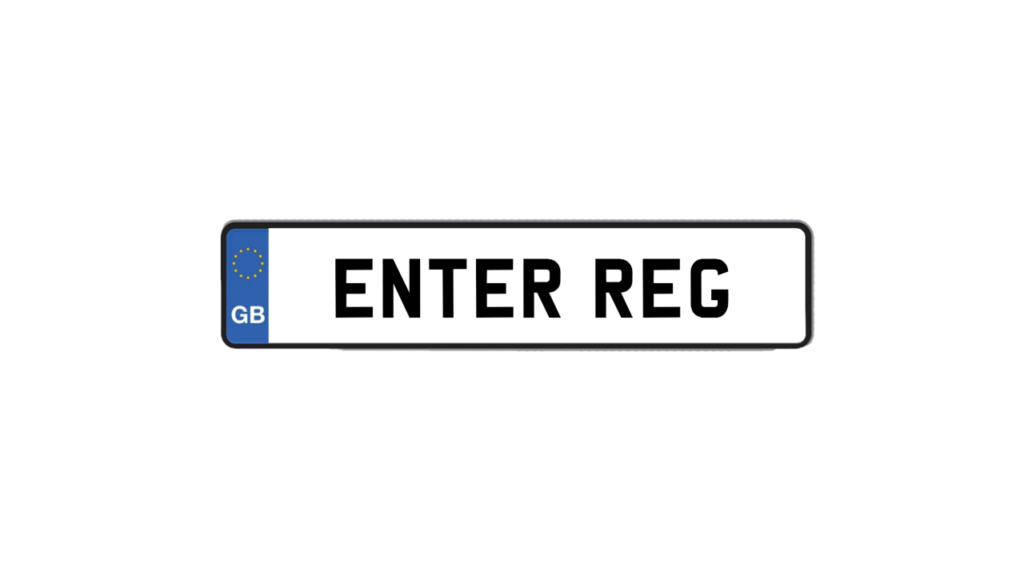You’re driving a Ford Transit Connect, a reliable workhorse. But like any vehicle, it’s not flawless.
In this guide, we’ll tackle common issues you might run into – from transmission glitches to unexpected door openings. You’ll learn how to spot these problems early, get them fixed, and keep your vehicle running smoothly.
So, let’s dive in and better understand your Ford Transit Connect’s common hitches. You’re in the driver’s seat to ensure its longevity and safety.
Understanding the Ford Transit Connect
To deepen your understanding of the Ford Transit Connect, it’s important to grasp its unique features, common issues, and potential solutions.
As a transit connect van, it’s renowned for its versatility, compact size, and impressive fuel efficiency. Yet, it’s not without its challenges.
Common Ford Transit Connect problems include transmission issues, electrical problems, and suspension difficulties. But don’t worry, most of these can be solved with prompt and regular maintenance.
For instance, if shifting gears becomes an issue, a simple transmission fluid change might fix it. Electrical problems like a dead battery or flickering headlights often call for a quick trip to your trusted mechanic.
When it comes to Ford Transit Connect reliability, it’s crucial to regularly check the suspension system for signs of wear and tear. This ensures a smooth ride and prevents potential long-term issues.
Keep in mind the Ford Transit Connect trend of being a reliable, efficient workhorse. With proper care and attention to these common issues, your van will continue serving you and your business effectively. Remember, maintaining your vehicle isn’t just about you; it’s about providing the best service to others.
The Issue of Transmission Problems
You’re driving along, and suddenly, you notice a problem with your Ford Transit Connect’s transmission, a common issue many owners face. You may find your Ford Transit Connect Van struggling to switch gears, or you might hear unusual noises. These transmission problems aren’t only inconvenient but can also lead to your transmission failing if not addressed promptly.
Here are some signs to look out for that indicate a problem with your transmission:
- Difficulty in shifting gears
- Noticeable slipping of gears
- Unusual noises when you’re driving
When these transmission issues occur, it’s essential to identify the problem quickly and undertake the necessary repair work. The repair could range from a simple fluid change to a complete transmission replacement, depending on the severity of the problem.
Dealing With Electrical Issues
When you’re on the road in your Ford Transit Connect, encountering electrical issues at the most inconvenient times can be quite frustrating. If you’ve read a ford transit connect review or two, you’ll know that these common problems often revolve around the vehicle’s electrical system. This could manifest as a persistent warning light or check engine light illuminating your dashboard.
Many older models, particularly used Ford Transit Connect vehicles, may be more prone to these issues. It’s critical to delve into the service history of a used vehicle to understand if it has a history of electrical problems. If your warning light pops up, don’t ignore it. It’s your vehicle’s way of communicating that something is off.
Suspension Problems and Their Impact
Both the comfort of your ride and the control you maintain over your Ford Transit Connect can be severely affected by the presence of suspension issues, which are indeed quite common in these vehicles. You might experience a rough, bumpy ride or find your Transit Connect veering to one side, especially on the motorway.
Some of the suspension problems you might encounter in your Ford Transit Connects include:
- Worn-out shock absorbers, that can cause excessive bouncing and shaking.
- Faulty struts, resulting in an unstable ride and increased stopping distance.
- Damaged suspension bushings, leading to a noisy, rattling ride.
These problems can degrade your vehicle’s performance, posing a safety risk. If you’re unsure whether your Transit Connect is right for you due to these issues, understanding these common suspension problems and their impact is crucial.
The best course of action when facing these issues is seeking the help of a professional. Regular inspections and prompt repairs can ensure a smoother, safer ride. By addressing these problems early, you’re serving others by ensuring your vehicle’s safety and reliability on the road.
Addressing Common Engine Problems
Several engine problems might surface while you’re using your Ford Transit Connect, but don’t worry, we’ll guide you through how to tackle them. Among the Ford Transit Connect common problems, one of the most prevalent issues is with the diesel engine.
Diesel engines, like the ones used in many Ford models, including the Transit Custom and Transit Connects, are known for their durability. However, they can present issues over time.
For instance, you might notice a loss of power or abnormal noise, which could be an indication of timing belt problems. The timing belt synchronizes the engine’s functions and if it wears out, it can cause serious damage. To address this, have a mechanic inspect it during regular services. If necessary, they’ll replace it before it breaks, preventing further engine damage.
Also, diesel engines may suffer from clogged fuel filters or faulty glow plugs, which can affect the smooth running of your vehicle. Regular servicing and timely replacements can help you manage these issues effectively.
Braking Problems: A Major Concern
Experiencing braking issues is a major concern you shouldn’t ignore when driving your Ford Transit Connect. This commercial vehicle, often used for serving others, can become a risk on the roads if the brakes aren’t functioning optimally.
Owners have reported various brake-related issues, including:
- A spongy or unresponsive brake pedal
- Unexpected grinding or squealing noises when braking
- The emergency brake assist not engaging correctly
Ford says that these issues could be due to worn out brake pads, compromised brake fluid, or malfunctioning brake calipers. It’s crucial to address these Ford Transit Connect common problems promptly to ensure the safety of everyone on board.
Remember, braking problems: a major concern, aren’t just about your van’s performance, but more importantly, about the lives at stake while you’re on the road.
The Problem of Rear Door Opening
You might’ve noticed a troublesome issue with the rear door of your Ford Transit Connect unexpectedly opening while you’re driving. This isn’t merely an annoyance; it’s a safety risk that could endanger your payload and other road users.
This problem is one of the common problems with this small van, and it primarily lies with the door hinge. The hinge, which should securely hold your rear door in place, might sometimes fail to perform its duty. When this happens, the rear door may swing open while driving, which isn’t only dangerous but could also lead to loss of your precious cargo. This is particularly concerning for those who use their Ford Transit Connect for business or service purposes.
The way to address this issue is by getting a professional to inspect the door hinge. If there’s a defect, replacing the hinge should solve the problem. Regular maintenance and checks can prevent such issues from arising in your Ford Transit Connect, keeping your small van’s rear door secure and your driving experience smooth.
How to Maintain Your Ford Transit Connect
In order to keep your Ford Transit Connect running smoothly, it’s essential that you regularly maintain it. Routine maintenance can prevent many Ford Transit Connect common problems.
Conduct the following steps:
- Regularly check your transmission fluid. If it’s dark or has a burnt smell, it’s time to change it. Regular fluid changes can prevent major transmission issues.
- It’s important to know whether the timing belt has been replaced. This belt should be replaced every 60,000 to 100,000 miles. Neglecting this can result in serious engine damage.
- Ford has made electronic stability control standard on all models. Regularly checking this system ensures that it functions correctly, providing a safer ride.
Maintaining a range of engines requires knowledge and dedication, but your efforts will pay off in the longevity and reliability of your vehicle.
By taking these precautions, you’re contributing to a safer, more efficient fleet and showing your commitment to serving others.
Conclusion
You’ve got this! Now that you’re aware of the common problems with your Ford Transit Connect, you can spot them early and address them swiftly.
Whether it’s a transmission glitch, electrical issue, suspension trouble, engine problem, braking concern, or rear door issue, you’re better equipped to handle it.
By maintaining your vehicle properly, you’ll keep it running smoothly and safely for years.
Here’s to many more miles with your Ford Transit Connect!

